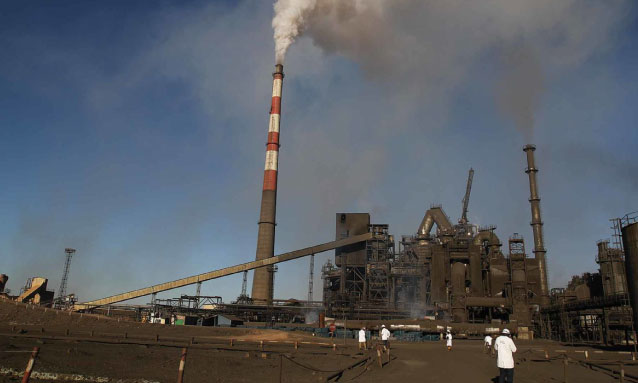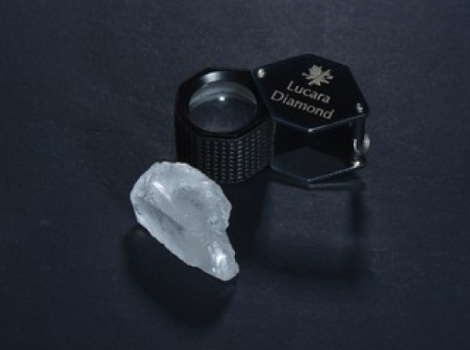
The mothballed BCL mines continue to cost the government money, while still holding out hope that any of the interested investors will buy the copper and nickel mines before this year ends. The government has hinted should the mines fail to get a buyer, completely shutting down the mines could be a real option.
Faced with dwindling commodity prices and rising operating costs, the government abruptly closed the BCL Group, made of BCL limited and Tati Nickel Mining Company, in a provisional liquidation by order of the High Court of Botswana on 9 October 2016. The government owns 100% of shares in BCL, and BCL’s wholly-owned subsidiary, BCL Investments Pty Ltd, holds an 85% stake in Tati. The Botswana government directly holds the remainder of the Tati shares.
Lefoko Moagi, Minister of Mineral Resources, Green Technology and Energy Security, last Friday told parliament that the government spent P1.2 billion on the closed mines between 2016 and 2018, and last year injected another P292 million, with the bulk of the funds geared towards the maintenance and care of the mines. He said three indicative offers have been received from potential buyers, with the process of selecting the winning bid to conclude before the end of 2020. The winning bidder will be expected to carry out due diligence and may ultimately opt not to invest, leaving the government with the costly defunct mines.
“The liquidator will decide together with the government on what to do with the assets, including ceasing the care and maintenance, paving the way for rehabilitation,” Moagi said.
Mining rehabilitation is the process of repairing the damage caused by mining activities to make the site safe and stable. It is the final step in closing down a mine for good. The liquidation of BCL has been marred in controversy, with the government criticised for its abrupt decision to close the mines, and yet continuing to pump millions in a liquidation process that does not seem to have an end in sight. The process of disposing of the mines faced complications along the way, most notably the fallout between former Minerals Minister, Eric Molale and Nigel Dixon-Warren, the court appointed-liquidator in 2017.
Relations were strained in early 2018 when the two parties clashed on the duration of the liquidation process and the government piling pressure on Dixon-Warren to give a definitive date on the winding up of BCL assets. However, the liquidator said it was a complicated process that could take up to seven years to conclude.
Relations between Molale and Dixon-Warren also deteriorated following a series of disagreements. The liquidator’s decision to axe half of the care and maintenance staff retained during the liquidation process, in particular, was a sore point. This happened after Molale had told parliament that he had impressed upon Dixon-Warren that no staff were to be retrenched.
In December 2018, Molale told parliament that relations between him and the liquidator had irretrievably broken down. Molale disclosed that he had kick-started the process of having the BCL removed from liquidation and put under judicial management. He explained this was to give the government more leeway as to what to do with BCL rather than deferring to the liquidator, who under the liquidation process, can only be removed by the Registrar and Master of High Court as per the Companies Act.
Dixon-Warren later resigned as BCL’s liquidator in July 2019. The Registrar of the High Court later appointed Trevor Glaum of the South African-based Sanek Trust Services as BCL’s new liquidator after local companies shunned the expression of interest to offer liquidation services.
Source: http://www.sundaystandard.info/if-bcl-fails-to-get-a-buyer-it-will-shut-down/



